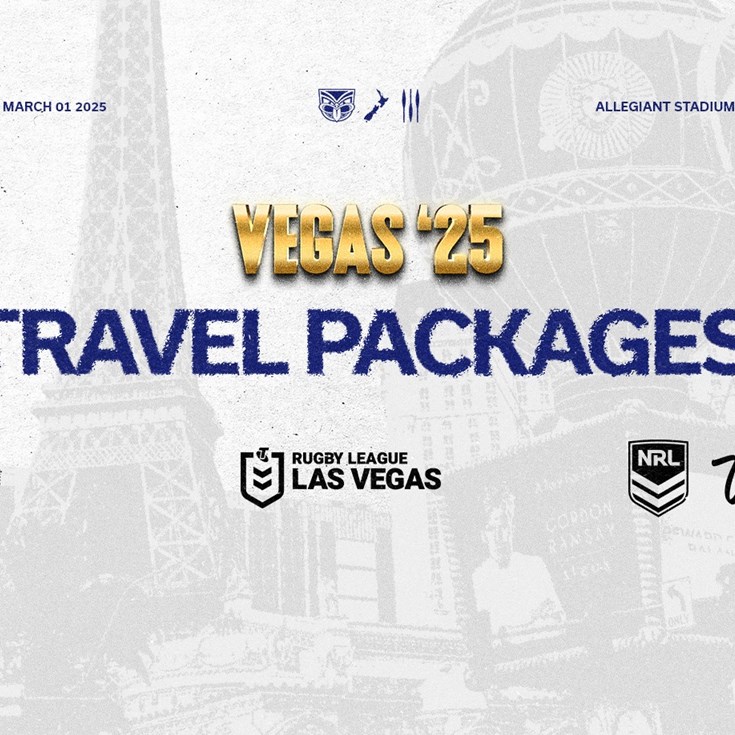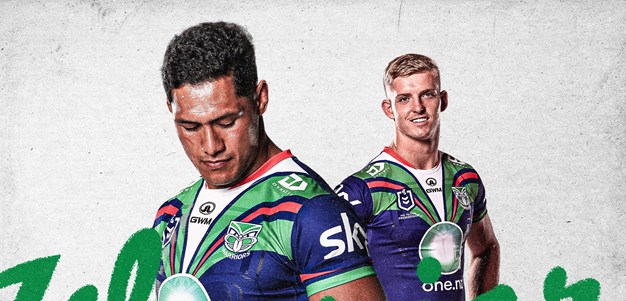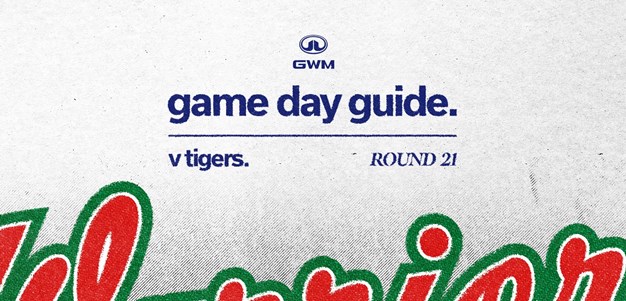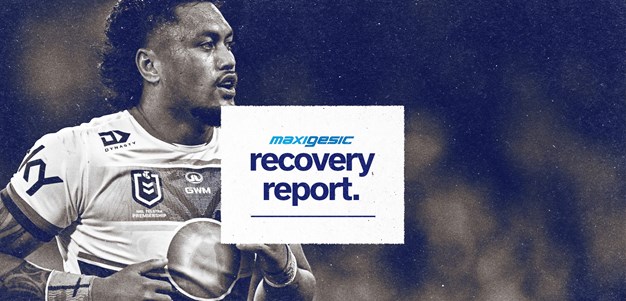It looks like you may be using adblocking software to view this site.
Many features on the site, such as video playback, may not work properly when using adblocking software.
Please whitelist our domain or disable your adblocker to access all features and videos.
Away from the bright lights of grand finals, State of Origin series and Test matches, thousands of amateur and semi-professional players are fighting for their opportunity to crack the big time.
A professional athlete’s life is often portrayed as one of glitz and glamour, a dream job that allows people to play the sport they love with all the benefits that come along with the rich contracts and endorsements.
What many don't see are the countless hours of preparation and hard work over months and years that athletes consistently put in to play at the highest level.
The NRL recently announced rugby league had reached 200,000 community participants in Australia alone.
In Aotearoa, rugby league is riding a wave of renewed interest and popularity following the success in the last 18 months which saw the One New Zealand Warriors come within a game of the grand final and the Kiwis defeat the Kangaroos 30-0 to win the inaugural Pacific Championships in 2023.
However, only 510 fulltime NRL contracts are available every season, with each of the 17 clubs allowed a maximum of 30 players on their rosters, meaning competition for those spots is growing every year.
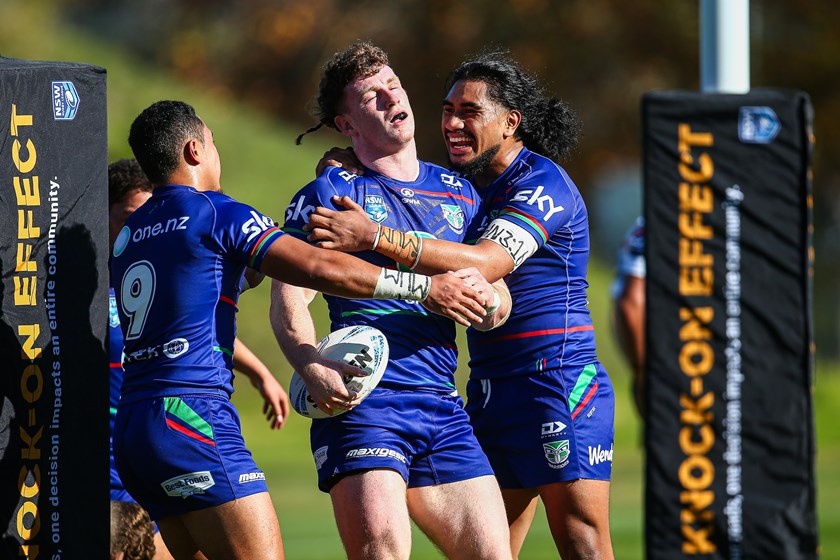
For players without fulltime contracts, they compete in one of the club’s pathways teams, which include the Harold Matthews Cup (under-17), SG Ball Cup (under-19), Jersey Flegg Cup (under-21) and New South Wales Cup (open age or reserve grade).
Training hours for these teams are set in the evening to allow athletes to manage their off-field commitments during the day, as younger players are often still in high school while others are either working or in tertiary education.
One such player competing for an NRL contract is young front rower Toby Crosby, a recent rugby union convert who joined the One New Zealand Warriors in the preseason late last year to play for the Jersey Flegg team.
Crosby was a highly touted rugby union prospect coming out of St Patrick’s College Silverstream, where he played with Warriors centre Rocco Berry and joined after two years in the Wellington rugby union’s academy.
The 21-year-old has had to adjust quickly to life in Auckland and the grind of semi-professional football, leaving behind the only environment he has ever known, but he is confident he made the right decision.
“Everything was there in Wellington for me, like family, friends, I had a job and footy was going alright there,” he said.
“It was a risk, and it’s paid off for me, so it’s going to pay off for anyone else as well.”
Now, a typical day sees him work all over Auckland right up until the evening training sessions where he is being brought up to speed in his new sport.
“Finish work, get back home, get my stuff for training, then head down to the club for a video session. Then it’s our field session, finish off with some weights and head off for some grappling,” the former Upper Hutt Ram said of his schedule.
It was a risk, and it’s paid off for me, so it’s going to pay off for anyone else as well
Toby Crosby One New Zealand Warriors prop
For thousands of young players, this is the norm, long days leading into long nights all in service of their dream of a career in the NRL.
A career that, statistically, will not be very long.
For every 300-game veteran, there are numerous players with only a handful of games to their name, as the average NRL career reportedly sits around just three seasons.
Crosby and his peers know this, but they’ve committed themselves to this journey that only a few of them will get the chance to finish.
Every night when no one else is watching, they turn up, put the tools away, and get ready for their opportunity.
